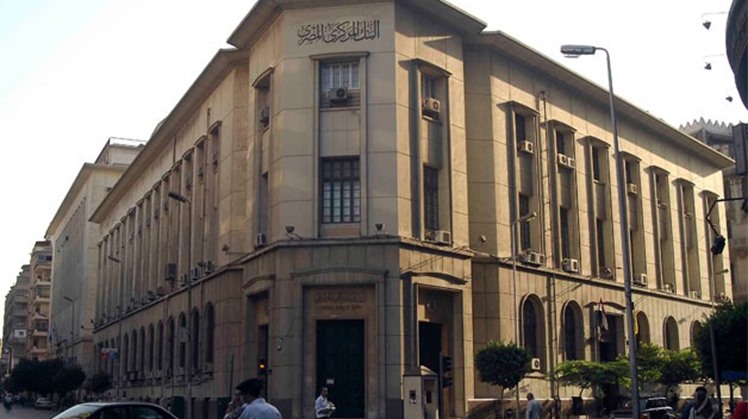CAIRO – 1 December 2020: Egypt’s balance of payments recorded a deficit of $8.6 billion during the fiscal year of 2019/2020, in compare to $102.5 million during the fiscal year of 2018/2019, according to the Central Bank of Egypt (CBE).
CBE noted in a report that the current account reached a deficit of $11.2 billion, compared to a$10.9 billion in FY 2018/2019 and $6 billion in FY 2017/2018.
It attributed the decline to the retreat in the services surplus and the increase in investment income deficit.
The bank added that Egypt’s tourism revenues dipped by $2.7 billion in the fiscal year of 2019/2020, recording $9.9 billion.
CBE clarified in a report that the decline in the travel receipts caused a drop in the services surplus by 31.2 percent to reach $9 billion in 2019/20, compared to $13 billion in prior year.
On the same vein, the report said that investment income deficit rose by $344.4 million to $11.4 billion, compared to $11 billion during the compared period. It explained that income paid outpaced income earned, recording $12.3 billion, compared to $12 billion in 2018/2019.
The report also revealed that Egypt’s non-oil trade deficit dipped by $ 2 billion to record $36 billion during the fiscal year of 2019/2020, compared to $38.03 billion in the fiscal year of 2018/2019.
CBE attributed this to the hike in non-oil merchandise exports by $ 1 billion to $ 17.9 billion, up from $ 16.9 billion, spurred largely by the rise in gold exports; and the retreat in non-oil merchandise imports by $ 1 billion to $ 53.9 billion, from $ 55.0 billion.
Meanwhile, the oil trade balance recorded a deficit of $ 421.0 million in FY2019/20, compared with a surplus of $ 8.1 million in the prior year.
According to the report, the decline was triggered by the dip in oil exports by $ 3.1 billion to $ 8.5 billion, from $ 11.6 billion, brought about by the decrease in exports of crude oil & oil products, and natural gas.
It added that oil imports decreased by $ 2.6 billion to US$ 8.9 billion, from $ 11.5 billion, on account of the contraction in the imports of oil products impacted by the decrease in imported quantities by 38 percent and the fall in world oil prices, in addition to the cessation of natural gas imports (as of 2018/2019 Q2). In contrast, crude oil imports increased.
According to the report, unrequired current transfers increased by $2.6 billion to $27.7 billion, compared to 25.1 billion.
As for net inflows of the capital and financial account, it fell almost by half, to register $5.4 billion in FY 2019/2020, compared to $10.9 billion in the previous financial year, as total inflows of FDI in Egypt decreased by 3.4 percent to $ 15.8 billion, from $16.4 billion), while total outflows edged up by 2.8 percent to $8.4 billion, from $8.2 billion). “This resulted in a contraction of 9.5% in net inflows of FDI in Egypt, to post US$ 7.5 billion, against $ 8.2 billion.”
Moreover, net inflows of the capital and financial account fell almost by half, to register $5.4 billion in FY 2019/2020, compared to $10.9 billion in the previous financial year.
 Tue, Dec. 1, 2020
Tue, Dec. 1, 2020